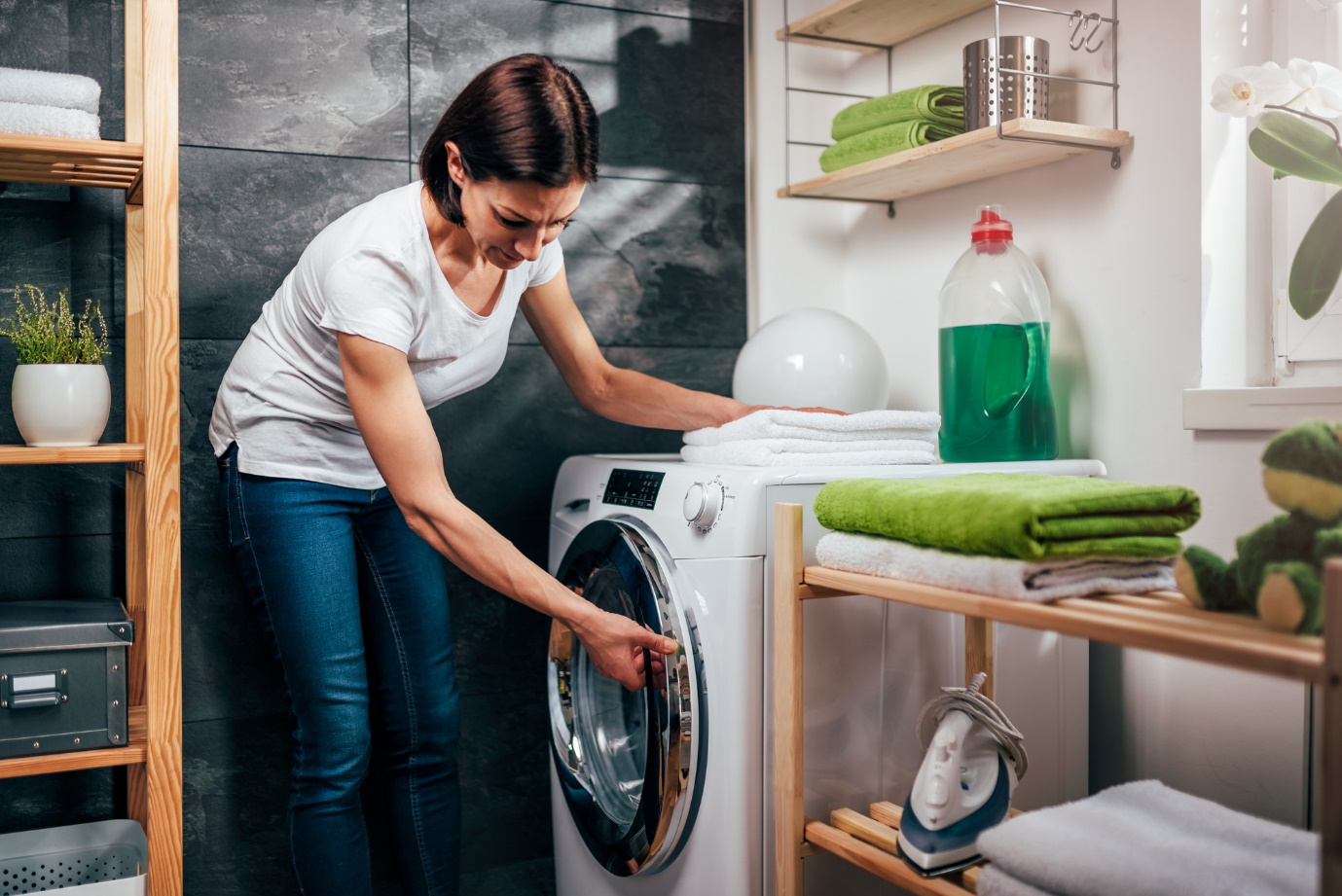
Did you know that an estimated 85% of all water in the United States is considered hard water? Hard water contains high levels of dissolved minerals, such as calcium, magnesium, iron, and manganese.
All this hard water can have negative effects on your life, especially when it comes to washing your clothes. While your clothes may come out smelling fresh, they may also be sustaining some serious damage in your laundry.
Investing in a water softener could help protect your clothes when doing laundry. This guide will explore a few major laundry benefits of switching to soft water.
Brighter, Longer-Lasting Clothes
Water softeners eliminate many of the harsh minerals that exist in hard water. This makes softened water a purer form of H2O, protecting your clothes.
When washed in purer water, clothes have a tendency to last longer. The minerals in hard water will wear on your clothes over time, beating them down. This is especially damaging to the color.
When washing with hard water, you may notice your clothes start to look dull and worn out. Soft water will better preserve the fabrics, helping them to last longer. Soft water offers extra clothing protection.
Reduce Skin Irritation
For people with sensitive skin or eczema, skin irritation can be a serious problem. But even people without skin problems can find they have skin irritation after doing laundry with hard water.
Hard water can make it difficult for laundry detergent to penetrate fabrics. This leaves a film of detergent that rubs against the skin, causing redness and scratchy irritation.
This is especially important for bedding, as bedding rubs against your skin the most.
Use Less Detergent When Washing Your Clothes
Because hard water makes absorbing detergent difficult, you’ll probably find yourself using more to try and get your clothes clean. Detergent-saving laundry tips you can use include switching to soft water.
Not only does increased detergent usage damage clothes, washing machines, and your skin but it can also be costly. Switching to soft water can help save you hundreds on detergent costs alone.
Depending on your water softener size, you may also be able to use fewer soaps in other areas of your home. Your dishwasher, for example, may require less soap with softer water.
Cool Water Washes Save Energy
When rinsing clothes, hot water tends to be more effective. That’s why with hard water, you’re more likely to choose “hot” or “warm” settings.
But, hot water is also energy inefficient and can eat away at fabrics. When you wash clothes in soft water, you can switch to colder settings.
So, lighter materials can be safely washed in the coldest settings. Even heavier materials, such as towels and blankets, can be safely washed in “warm” water.
Colder water settings are good for your clothes, your skin, and the Earth.
Protecting Your Clothes With Soft Water
Overall, soft water is incredibly beneficial to the lifespan of your clothes. Washing your clothes in soft water gives you a fresher, brighter, cleaner look, while also helping to save you money and energy.
Explore our Lifestyle and Fashion sections to learn more about keeping your fabrics looking their best.



Leave a Reply